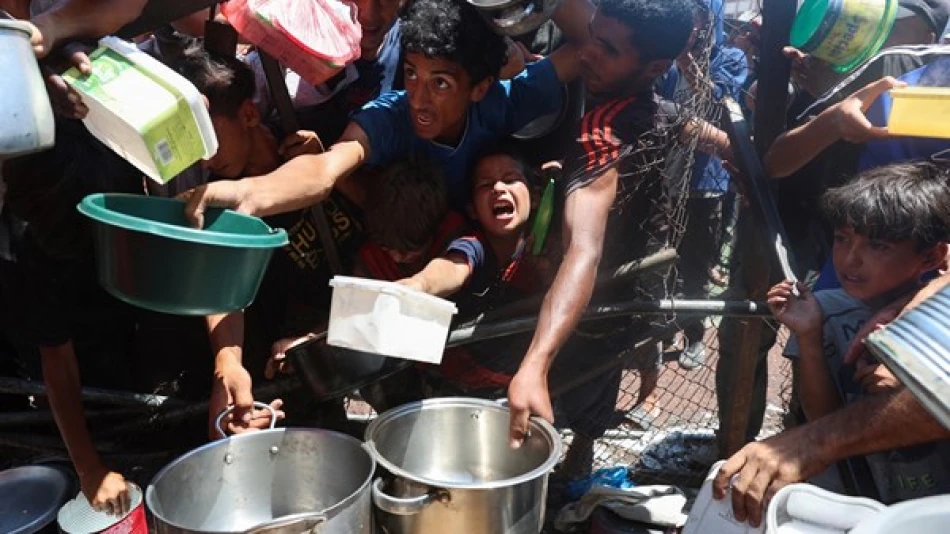
Pope Leo XIV Calls for Ceasefire in Gaza Conflict
Pope Francis Condemns Israeli Strike on Gaza Catholic Church as Regional Tensions Escalate
Pope Francis delivered a sharp rebuke of Israel's military operations in Gaza on Sunday, condemning what he called the "indiscriminate resort to force" following an Israeli strike on a Catholic church sheltering 600 displaced civilians. The papal intervention marks a significant escalation in Vatican criticism of the conflict and highlights growing international pressure on Israel over civilian casualties in its Gaza operations.
Vatican's Strongest Condemnation Yet
Speaking after Sunday prayers, the pontiff expressed "deep pain" over the Israeli military's attack on the Holy Family Catholic Parish in Gaza City. The church had been serving as a refuge for approximately 600 displaced Palestinians, predominantly children, including dozens with special needs.
"This act is added, unfortunately, to the ongoing military attacks against civilians and places of worship in Gaza," the Pope stated, marking some of his most direct language condemning Israeli military actions since the current escalation began.
Broader Pattern of Civilian Targeting
The Pope's condemnation extends beyond this single incident, referencing what he described as a systematic pattern of attacks on civilian infrastructure and religious sites. His call for an immediate end to the "barbarism of war" reflects mounting concerns within the international community about the scope and scale of civilian casualties in the conflict.
International Law and Diplomatic Implications
Francis specifically appealed to the international community to "ensure humanitarian law and protect civilians," while condemning "collective punishment" and "forced displacement of populations." These terms carry significant legal weight under international humanitarian law, particularly the Geneva Conventions, which prohibit attacks on civilian targets and collective punishment of populations.
Historical Context of Vatican Diplomacy
The Vatican's intervention follows a long tradition of papal involvement in Middle Eastern conflicts, but Francis's direct naming of Israeli actions represents a notable departure from the typically more measured diplomatic language employed by previous popes. This approach aligns with Francis's broader pattern of addressing global conflicts with increasingly direct language, as seen in his condemnations of the war in Ukraine.
Regional and Global Ramifications
The papal statement comes at a critical juncture when international pressure on Israel is mounting from multiple quarters. Similar condemnations have emerged from various international bodies, but the Vatican's moral authority carries particular weight given its influence over 1.3 billion Catholics worldwide and its role as a sovereign diplomatic entity.
The Pope's expression of feeling "unable to do much" about the "extremely tragic situation" reflects the broader limitations facing international actors seeking to influence the conflict's trajectory. However, his public statements serve to maintain pressure on all parties while reinforcing international humanitarian law principles.
Impact on Catholic Communities
The targeting of the Catholic church resonates particularly strongly given the small but historically significant Christian population in Gaza. The incident underscores the vulnerability of religious minorities caught in the crossfire and may galvanize Catholic communities globally to pressure their governments for stronger diplomatic intervention.
Most Viewed News

 Layla Al Mansoori
Layla Al Mansoori






